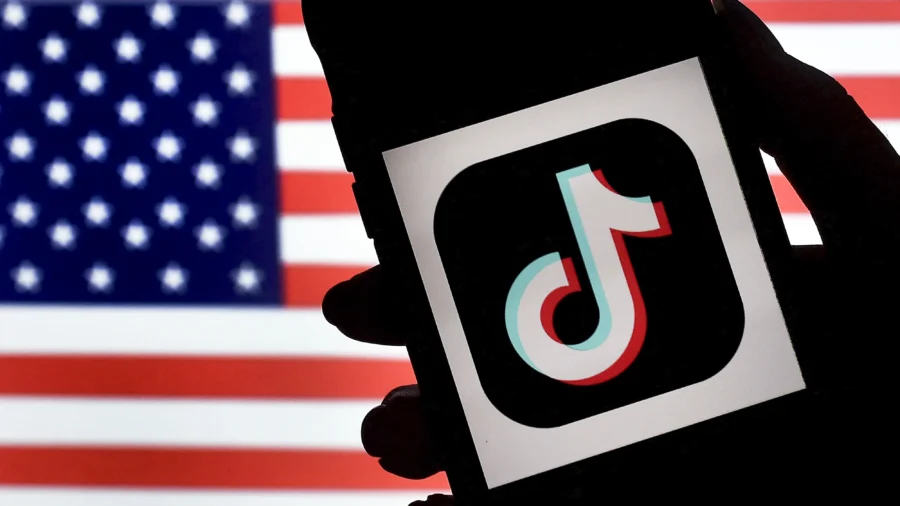TikTok is implementing new rules to limit the reach of state-affiliated media accounts that are attempting to exert influence abroad, with 2024 recognized as a crucial election year in a number of countries.
“State-affiliated media are media organizations whose editorial output or decision-making process is subject to control or influence by a government,” the company said.
TikTok started the process of labeling state-affiliated media two years ago. In the statement issued on May 23, the company announced that identified accounts attempting to “reach communities outside their home country on current global events and affairs” will not appear on the main feed where users watch videos.
“When governments blur the dimensions of state communication with independent journalism, individuals can lose important context about the source of the information they receive,” the company said.
Consequently, TikTok said it will label the accounts and videos of media entities known to be subject to editorial control or influence by state institutions, and state-affiliated media accounts that advertise on the platform will no longer be allowed to do that outside of their home country.
The new policy comes shortly after a study by the Brookings Institution, a U.S. think tank that conducts research and education in the social sciences, which revealed that Russian state-affiliated accounts had increased their presence on the platform, included messages in English and Spanish.
“In 2022, 57 accounts posted at least once during the year, with just one posting on average twice per day. In 2024 so far, 46 accounts have posted, with three averaging 10 or more posts a day,” the organization wrote.
But according to Brookings, the spread of foreign propaganda is not just limited to TikTok, as the social media network is still lagging behind some of its competitors, including Telegram, X, Facebook, and Instagram.
TikTok, however, has been the main focus of a number of heated political debates in both the United States and Europe, due to its being owned by Beijing-based ByteDance, which has led to intense scrutiny and efforts to ban the social media platform.
Many officials and lawmakers have proposed an outright ban on the platform due to concerns that TikTok and its parent company ByteDance are likely to be collaborating with the Chinese Communist Party (CCP), and could be sharing sensitive information with the communist regime—thus posing a serious national security threat to the United States.
According to analysis by the Foundation for Defense of Democracies, “It is safe to assume that Chinese companies—whether they are state-owned or not, whether their CEO is a party member or not, or whether they are in the intelligence service or not—are obligated under Chinese law to pass on any and all information they collect to the Chinese government.”
A new law in the United States would force TikTok to break ties with its parent company in order to continue operating in the United States.
TikTok has refuted the claims, and moved to sue the federal government as a joint plaintiff with ByteDance.
The company added in its statement that it will be providing regular updates on any measures taken to combat covert influence operations on its platform.
According to TikTok, more than a dozen such operations have already been disrupted in the first four months of this year alone. One of those operations included attempts to target audiences in Indonesia ahead of the country’s presidential elections, which took place earlier this year.
The Associated Press contributed to this article.

